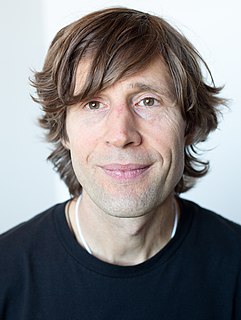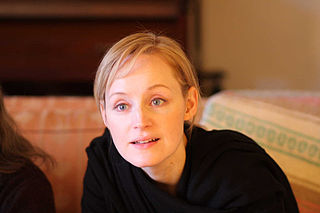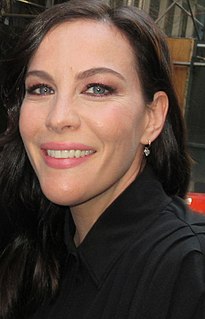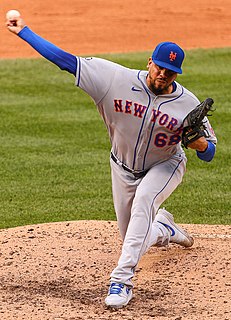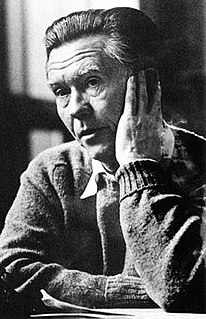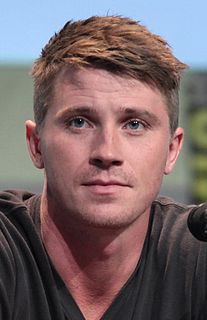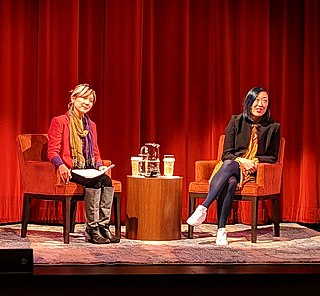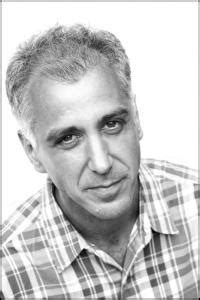A Quote by Rodney Mullen
As a kid, I grew up on a farm in Florida, and I did what most little kids do. I played a little baseball, did a few other things like that, but I always had the sense of being an outsider, and it wasn't until I saw pictures in the magazines that a couple other guys skate, I thought, 'Wow, that's for me,' you know?
Related Quotes
Being a teenage model was lot of fun, like playing dress-up. I'd feel ugly and awkward and chubby, and they'd transform me. Not that that makes everything better. Then my mom shopped the pictures around, I guess, and the agencies started calling. I wound up going with a little agency, Spectrum. It all happened really quickly, I started modeling for magazines like YM and Seventeen, and I did a couple of bigger things like Italian Vogue.
Basketball has always been a sport I loved and grew up playing. For me, it was one of those things that... I guess baseball was just in my genes a little bit. I have a lot of cousins that played baseball. Basketball is not an easy sport - you definitely got to be gifted to play that game. I felt like I was pretty good at it, but my ability was better in baseball.
The school I went to was a little farm school in Wannaska, student body 61 or something. There was a kid, the only black kid in our county, Dustin Byfuglien. He won the Stanley Cup a couple years back with the Blackhawks. Out of a class of 21 kids, he and I always had to be on opposite teams on everything because we were the most athletic.
If you're a history buff, you know about J. Edgar Hoover. He was likely the most powerful man in the US. If you start reading about him, the books contradict each other constantly. I was often left with very little sense of the man personally. I had a sense of what he did and didn't do and what people disagreed about whether he did this or didn't do this or that, but I was like, "Why? Why was he doing all of this?" That was my big question.
I was able to go over [Saxophone Competition] and work a little more in Europe. I'm thankful that those of kinds of things. Simultaneously, some nice things did come in. I got a nice festival that came in, in Virginia through that. There was a club that opened in DC in the famous Willard Hotel near the White House. And the club was called The Nest. I played there a few nights. Some musicians in Philly and D.C. kind of brought me down and got me on a couple things. So things opened up a little bit.
How did females become 'guys?' How did everyone become 'guys?' Remember, too, that a male guy was something of a scoundrel. And a wise guy was a fresh kid, a whippersnapper. In its most other famous evocation, men in Brooklyn said 'youse guys.' Damon Runyon referred to hustlers, gamblers, and other nefarious types as guys.
